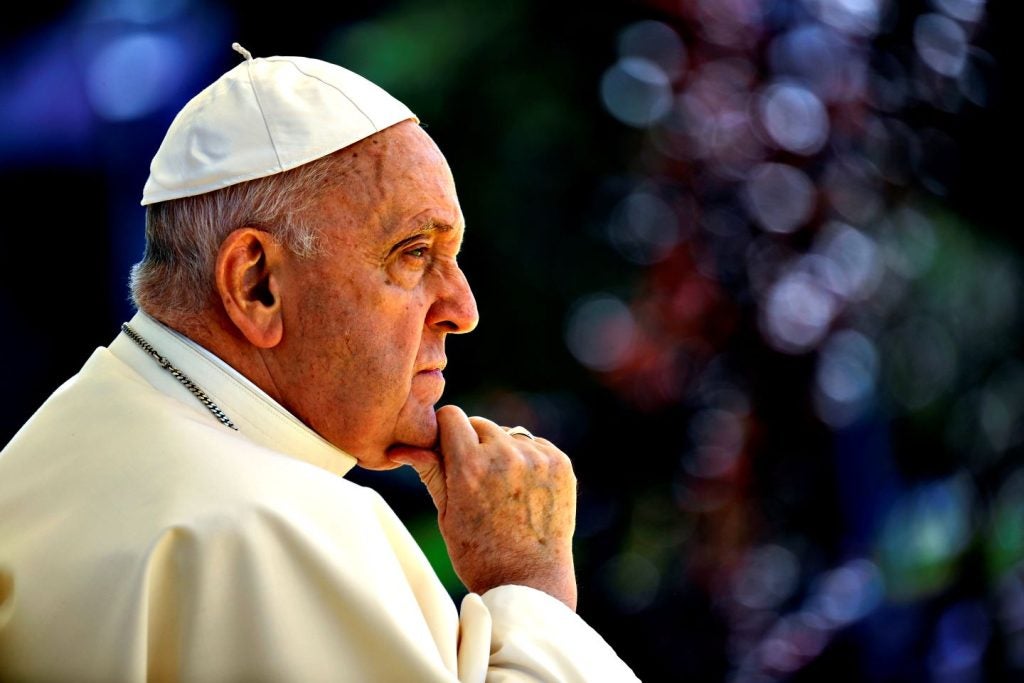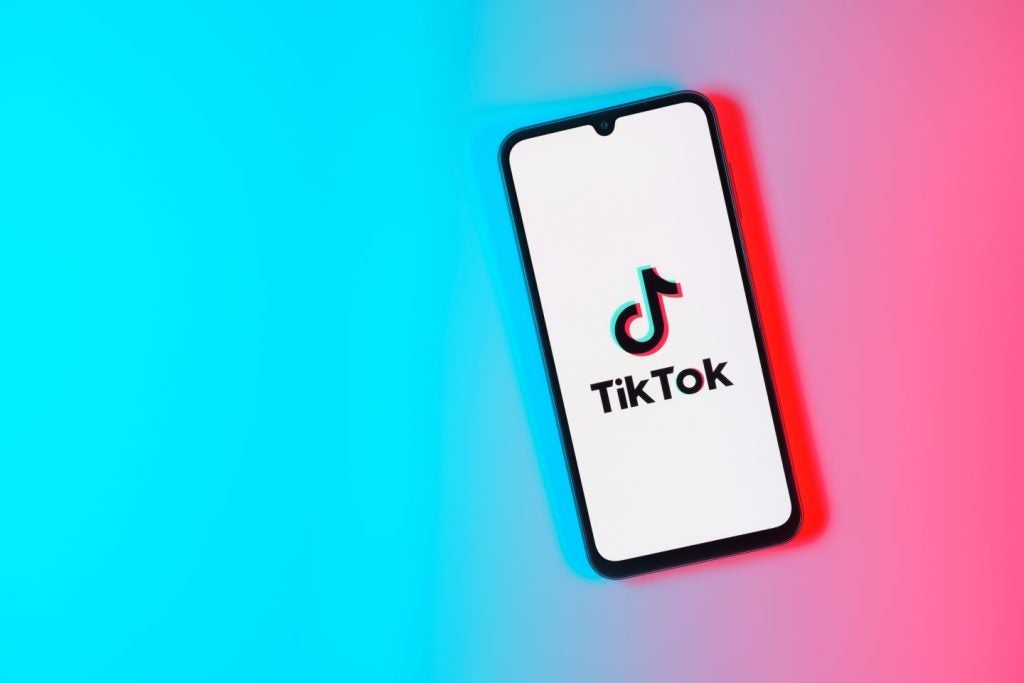
Investment bank Goldman Sachs, along with eight other companies, has lost its appeal to the EU General Court to remove the European Commission’s 2014 decision of a €302m EU cartel fine.
The charge is in response to a power cable cartel that ran for almost ten years from 1999.
However, Goldman Sachs was implicated not because it actively engaged in the cartel, but because of its financial investment in the world’s biggest cable maker Prysmian. It had acquired the company via one of its private equity funds in 2005.
“This case demonstrates the risks for professional investors of having rights over their investee business but, nonetheless, failing to take steps to reduce the likelihood of the investee business engaging in anti-competitive behaviour,” explained Andrij Jurkiw, partner at law firm Womble Bond Dickinson.
Liability despite no cartel involvement
There has never been evidence that Goldman Sachs was involved in the cartel, however this did not relieve the company of liability.
“That is not something, the General Court said, the EU Commission is required to demonstrate in order to hold a parent company jointly and severally liable with the relevant subsidiary for payment of the fine,” said Jurkiw.
“Once one member of the ‘undertaking’ is found guilty, that gives rise to the collective responsibility of all the principals in the group structure for the breach of the competition rules.”
Prysmian faced the biggest fine at €104.6m, which included a joint fine of €37.3m with Goldman Sachs.
Goldman Sachs’s influence over Prysmian
Central to the appeal being rejected was the level of general influence Goldman Sachs had over Prysmian.
“Goldman Sachs argued that despite its powers over the various Prysmian directors, those powers did not enable Goldman Sachs to exercise actual control over the board or more importantly control over Prysmian’s commercial policy,” Jurkiw explained.
“The General Court said that in accordance with settled case-law, it is not necessary to restrict the assessment of the exercise of decisive influence by the parent company to matters relating solely to the subsidiary’s commercial policy on the market: what simply needs to be demonstrated is that the parent exercised decisive influence over the subsidiary’s business decisions as a whole.”
Goldman Sachs was found by the EU Commission to have exercised decisive influence in this way justifying their decision to impose a fine.
“The EU Commission found that Goldman Sachs had (amongst other things) the power to appoint the members of the various boards of directors of Prysmian, it played an important role on the committees established by Prysmian, and received regular updates and monthly reports,” said Jurkiw.
“This meant that Goldman Sachs and the various Prysmian corporate entities could be treated as one economic entity…thus entitling the EU Commission to address its decision imposing a fine to Goldman Sachs.”
Prysmian was involved in the cartel along with multiple other cable companies, including Nexans, Japanese cable firms Exsym Corporation and Viscas Corporation, Korean peer LS Cable & System and General Cable Corp via its subsidiary Silec. All the companies involved have received fines apart from ABB, which escaped a €33m sanction by alerting the authorities that the firms were sharing markets and allocating customers.







